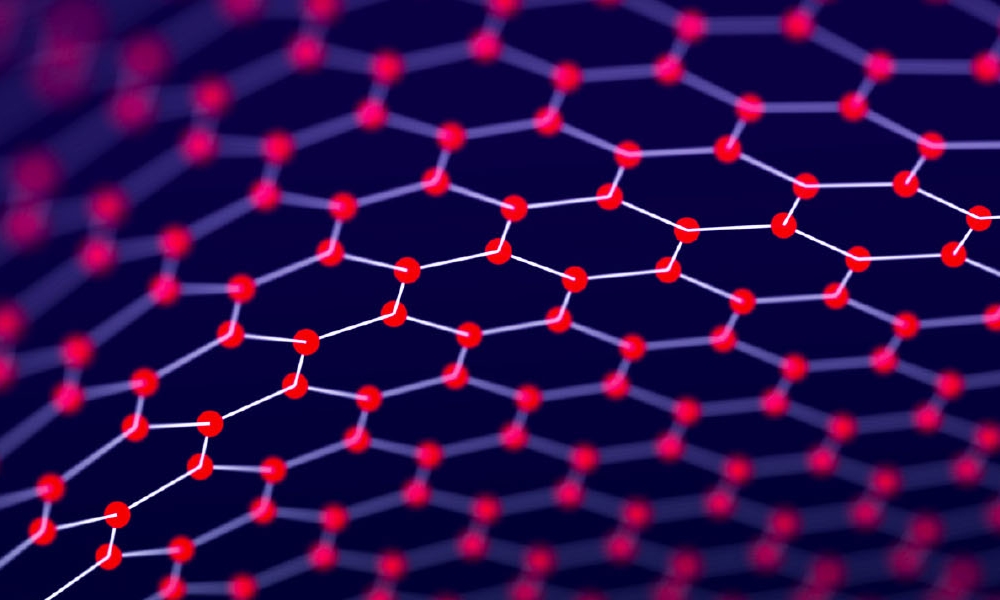In Good Company

The success of Novartis’s CTL019 in treating relapsed or refractory pediatric ALL, including FDA approval of the company’s biologics license application, makes it the first adoptive cell therapy to reach the market. While Novartis is also seeking approval of CTL019 from the FDA and the EMA for another disease, diffuse large B-cell lymphoma in adults, 7 there are many other CAR T-cell products in development and clinical trials.
One contender is Kite Pharma’s KTE-C19 (axicabtagene ciloleucel). Originally developed at the National Cancer Institute (NCI), 1 this CAR T-cell therapy also targets the CD19 antigen on B-cells and is in clinical trials for patients with refractory aggressive non-Hodgkin lymphoma (NHL). In a phase 2 study, 36% of patients were cancer-free at six months.2 KTE-C19 received priority review from the FDA earlier this year; the agency plans to announce its decision on whether to approve the drug 29 November. 3 Kite Pharma also filed a marketing authorization application with the EMA for KTE-C19 in July 2017, the first CAR T-cell therapy application in Europe.
KTE-C19 is also in phase 2 trials for the treatment of ALL in both adults and children, with data due in 2018. The adult trial has shown promising results, with 73% of patients having complete remission. 12 Another phase 2 study is testing the drug for the treatment of mantle cell lymphoma, which accounts for 6% of NHL cases.1
Juno Therapeutics had a major setback during the phase 2 trial of its lead candidate JCAR015, when three patients died. After a reset, two more patients died and the company pulled the plug on the study. 4 Juno has other CAR T-cell products in phase 1 and 2 clinical studies for the treatment of NHL, ALL, and multiple myeloma. 5 One of these, JCAR017, has shown positive response data in NHL, but the experimental treatment was linked to one death and severe neurotoxicity in 18% of patients. 6
Another promising target for CAR T-cells is the B-cell maturation antigen (BCMA), expressed on mature B lymphocytes, with the potential to treat multiple myeloma. Nanjing Legend Biotech presented promising phase 1 results for its candidate LCAR-B38M at the annual meeting of the American Society of Clinical Oncology in June.8 Another contender is Bluebird Bio, whose partner Celgene had good phase 1 data for its anti-BCMA drug bb2121. This includes positive safety data with no moderate or severe CRS or neurotoxicity observed.9
While biotechnology and pharmaceutical companies are joining forces to develop and bring CAR T-cell products to market, many academic institutions continue experiments that are key to development.10 In addition to its success with CTL019, the University of Pennsylvania is partnering with Novartis to develop a CAR T-cell construct that targets the epidermal growth factor receptor EGFRvIII antigen for the treatment of recurrent glioblastoma, a solid brain cancer tumor that currently has no curative treatment.11 Significant progress is also being made at the NCI, Memorial Sloan Kettering, Fred Hutchinson, and Baylor College of Medicine in developing CAR T-cell therapies.
- 7Novartis Pharmaceuticals Corporation. “Novartis CAR-T Cell Therapy CTL019 Unanimously (10-0) Recommended for Approval by FDA Advisory Committee to Treat Pediatric, Young Adult R/R B-Cell ALL.” 13 July 2017. https://www.novartis.com/news/media-releases/novartis-car-t-cell-therapy-ctl019-unanimously-10-0-recommended-approval-fda
- 1 a b “CAR T-Cell Therapy: A Healthcare Professional’s Guide to KTE-C19 Studies.” https://www.drugs.com/slideshow/car-t-cell-therapy-a-healthcare-professional-s-guide-kte-c19-1277
- 2Kite Pharma. “Kite Announces Positive Topline Primary Results of Axicabtagene Ciloleucel from First Pivotal CAR-T Trial in Patients with Aggressive Non-Hodgkin Lymphoma.” 28 February 2017. http://ir.kitepharma.com/releasedetail.cfm?ReleaseID=1014817
- 3BioPharmCatalyst. “FDA Calendar.” https://www.biopharmcatalyst.com/calendars/fdacalendar
- 12Kite Pharma. “Kite Reports 73 Percent of Patients Achieved MRD Negative Complete Remission in Updated Analysis from Phase 1 ZUMA-3 CAR-T Trial of KTE-C19 in Adult Patients with High Burden Relapsed/Refractory Acute Lymphoblastic Leukemia.” 5 June 2017. http://ir.kitepharma.com/releasedetail.cfm?releaseid=1029019
- 4Adams, B. “Juno Therapeutics.” FierceBiotech. 17 February 2017. http://www.fiercebiotech. com/special-report/1-juno-therapeutics
- 5Juno Therapeutics. “Developing Best-in-Class Therapies.” https://www.junotherapeutics.com/our-pipeline
- 6Business Wire. “Juno Therapeutics Presents Updated TRANSCEND NHL 001 Trial Data Demonstrating High Durable Response Rates in Patients with Relapsed or Refractory CD19+ Aggressive Non-Hodgkin Lymphoma.” Press release, 5 June 2017. http://www.businesswire.com/news/home/20170605005425/en/Juno-Therapeutics-Presents-Updated-TRANSCENDNHL-001
- 8Liu, A. “ASCO Dark Horse Nanjing Legend Biotech Shines with Promising CAR-T Data.” Fierce Biotech. 5 June 2017. http://www.fiercebiotech.com/biotech/asco-dark-horse-nanjinglegend-biotech-shines-promising-car-t-data
- 9Bluebird Bio. “Bluebird Bio Announces Interim Phase 1 Dose Escalation Data for Its Anti-BCMA CAR T Product Candidate in Patients with Relapsed/Refractory Multiple Myeloma.” Press release, 30 November 2016. http://investor.bluebirdbio.com/phoenix.zhtml?c=251820&p=irol-newsArticle&ID=2226688
- 10Evaluate. “Shifting CAR-Ts into a Higher Gear.” 2016. http://www.evaluategroup.com/public/ reports/EPVantage-Shifting-CAR-Ts-Into-a-Higher-Gear.aspx
- 11O’Rourke, D. M., et al. “A Single Dose of Peripherally Infused EGFRvIII-Directed CARTCells Mediates Antigen Loss and Induces Adaptive Resistance in Patients with Recurrent Glioblastoma.” Science Translational Medicine, 19 July 2017. http://stm.sciencemag.org/content/9/399/eaaa0984.full


